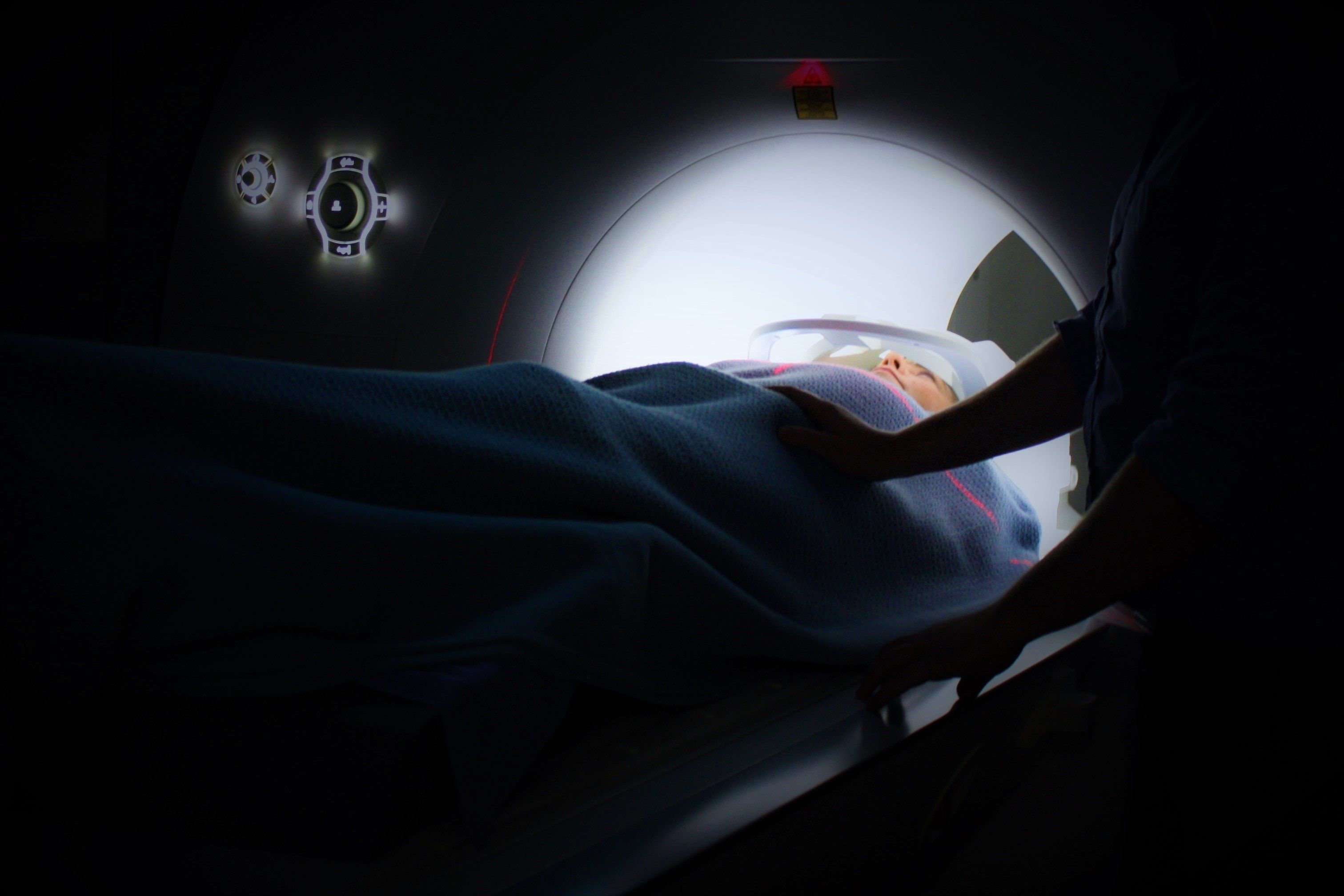Artificial Intelligence is saving lives one scan at a time
Researchers at John Radcliffe Hospital in Oxford have created forms of ‘narrow’ artificial intelligence (AI) – AI developed to do a specific task – which can diagnose heart disease and lung cancer when present in scans. This is not the first time machine intelligence has been applied within the medical field; from detecting the onset of Alzheimer’s using MRI scans, to predicting heart attacks more accurately than most doctors, AI is being utilised more and more.
Current method of diagnosing heart disease involves cardiologists taking electrocardiogram (ECG) readings and looking for irregularities in a patient’s heart rhythm and structure. However, this is not a perfect diagnostic test and doctors can get incorrect diagnosis in one out of every five cases. This leads to a false positive result where patients undergo an operation they do not need, or a false negative result, where the patient is sent home and may suffer a heart attack costing the NHS £600 million.
Doctors can get the diagnosis incorrect in one out of every five cases
The AI system developed, ‘Ultromics’, is reported to be more accurate at diagnosing diseases from scans than doctors, because they can pick up on vital details doctors are unable to see and at a less advanced stage of the disease. Clinical trials in six cardiology units have taken place, with the results due to be published after peer review later in the year. Excitingly, one of the system’s developers, Professor Paul Leeson, has said that the data collected suggests that the technology massively outperformed his fellow cardiologists, meaning this is a very powerful and accurate device. If the technology is confirmed to work after another round of testing, it will be rolled out to the NHS later this year for free, making it available to hospitals across Britain.
Another research team under the start-up company Optellum, has developed a system which searches for pulmonary nodules or large clumps of cells, which may be signs of lung cancer, in the lungs. Human doctors cannot immediately tell which nodules are harmless or potentially cancerous, so patients must be monitored with numerous scans over several months to see how these nodules develop. However, when tested in clinical trials, these AI ‘doctors’ developed by Optellum, have been able to detect which nodules are harmless. This means those with harmless nodules can be notified early, relieving them of the anxiety caused by waiting for months on end for a verdict. Not only this, but the NHS would save money as there would be fewer unnecessary scans, freeing up resources for other potential sufferers to be diagnosed.
If the technology is confirmed to work after another round of testing, it will be rolled out to the NHS later this year for free
These two AI systems would be real assets to the NHS, supplementing diagnoses and treatment plans, providing more personalised treatment for each patient. Due to their ability to accurately detect signs present during the early onset of the diseases, they could lead to better patient prognoses, allowing them to receive treatment earlier.
Through developments such as those mentioned here, there seems to be an increase in reporting the positive side of AI. Such reports focus more on how AI can amplify humankind’s abilities, rather than the fear of it competing and rendering us obsolete. With immense pressure and budget concerns in all facets of the public health sector, AI is being championed by the renowned geneticist Sir John Bell to BBC News as “the thing that saves the NHS”. It could reduce the current amount spent on pathology services – over £2.5bn – by half.
Such reports focus more on how AI can amplify humankind’s abilities
Despite this view becoming more popular, there is still the worry of it supplanting large numbers of workers. However, AI has many shortcomings that need to be overcome before this can happen. For instance, AI may miss diagnoses which would’ve been glaringly obvious to a human doctor, so humans will be needed in medical scenarios to ensure patients are being given good treatment. It seems AI will be a very powerful helping hand for doctors to provide a more effective public health service for the foreseeable future.

Comments